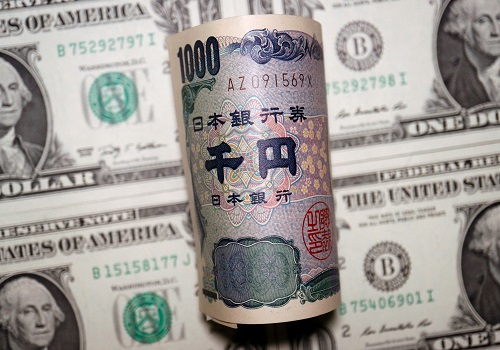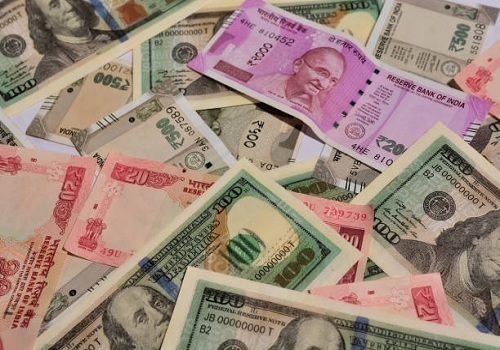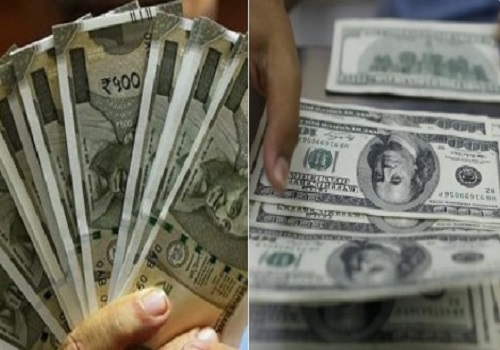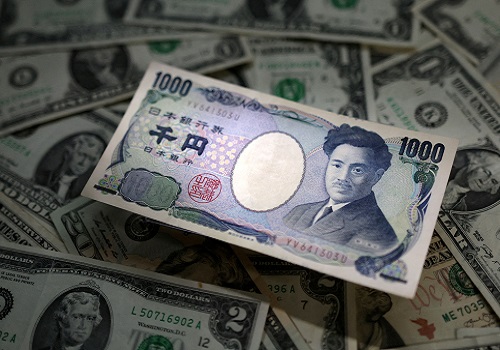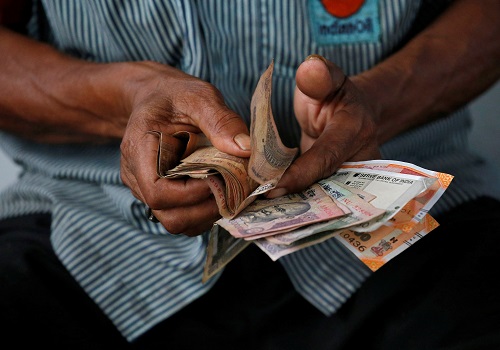Yen slumps as BOJ keeps policy ultra-loose, dollar set for 10th weekly rise
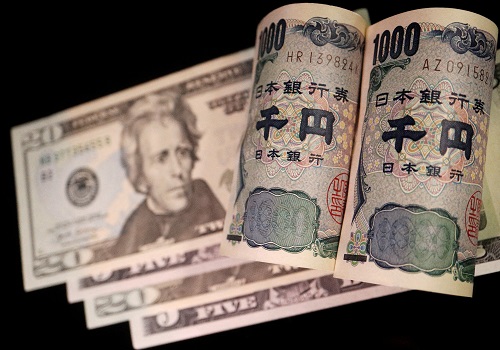
Follow us Now on Telegram ! Get daily 10 - 12 important updates on Business, Finance and Investment. Join our Telegram Channel
The yen fell sharply on Friday after the Bank of Japan (BOJ) kept interest rates in negative territory days after the Federal Reserve signalled U.S. borrowing costs would stay high, piling pressure on the Japanese currency.
Meanwhile, the U.S. dollar index was on track for its 10th consecutive weekly increase in the wake of the Fed decision and as the euro fell after weak economic data from France.
The BOJ held interest rates at -0.1% on Friday and reiterated its pledge to keep supporting the economy until it is confident inflation will stay at the 2% target.
"We have yet to foresee inflation stably and sustainably achieve our price target," BOJ Governor Kazuo Ueda said in a press conference.
"That's why we must patiently maintain ultra-loose monetary policy. Having said that, we will of course shift policy if achievement of our target is foreseen."
The yen dropped as low as 148.42 to the dollar, nearing the 150-mark at which analysts have said government intervention to prop up the currency is likely. The dollar was last up 0.43% at 148.23 yen.
"I think it's rather dovish, and that's why we've seen the yen go past 148," said Alvin Tan, head of Asia FX strategy at RBC Capital Markets.
Speculation that Tokyo could intervene to support the yen gathered steam. Japan's Finance Minister Shunichi Suzuki said on Friday he would not rule out any options, warning against a yen sell-off that would hurt the trade-reliant economy.
RBC's Tan said: "The Ministry of Finance is making increasingly explicit verbal intervention warnings, so in that sense I think we are inching towards intervention levels.
"On the other hand, the volatility (in dollar-yen) is very low... so that's kind of a negative for intervention, because they always talk about intervention as tackling volatility."
The dollar index, which tracks the currency against six major peers, rose 0.13% to 105.63 on Friday. It was on track to eke out a weekly increase of around 0.3%, its 10th rise in as many weeks.
Driving the move was a 0.25% fall in the euro to $1.0636 after survey data showed that economic activity in France fell much more quickly than expected in September.
Separate survey data covering the whole euro zone showed that the economy likely contracted in the third quarter.
"We think the probability of the single currency falling to its year-to-date lows is high alongside the recession risk on the continent," said Simon Harvey, head of FX analysis at Monex Europe. The euro's low for 2023 was $1.0482 in January.
Sterling was 0.4% lower at $1.2246 after data showed that the UK economy slowed sharply in September and is likely on the brink of recession.
It was near the roughly six-month low of $1.22305 it hit on Thursday when the Bank of England (BoE) halted its long run of interest rate increases, a day after Britain's fast pace of price growth unexpectedly slowed.
The Federal Reserve left interest rates at 5.25% to 5.5% on Wednesday but stressed that it would hold them at that level for as long as needed to push inflation back to 2%.
The Fed's tough words have pushed yields on 10-year U.S. Treasuries to their highest level since 2007 at more than 4.47%. That boosts the greenback by making dollar-denominated U.S. bonds look more attractive.
The Australian dollar was up 0.43% at $0.6444.














